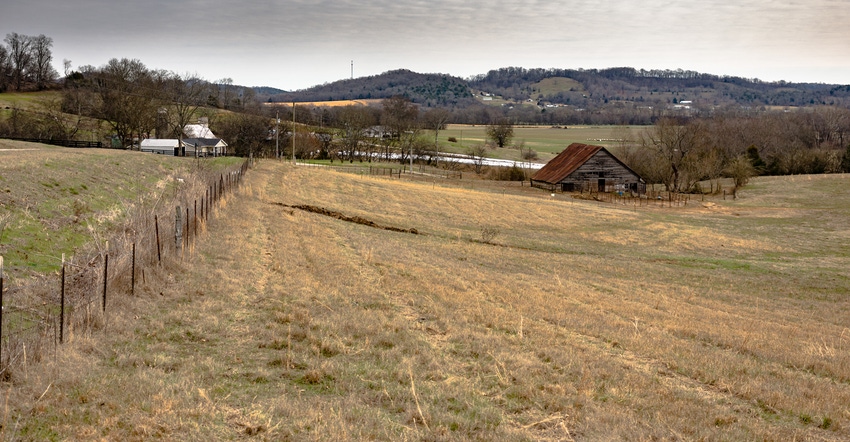
We have all been driving down the road and have seen an item set out at the end of the driveway. Obviously, the homeowner no longer wants the item. You think the item may have value. Can you take it without asking? Like most legal questions, it depends. Mostly, it depends on the intent of the person who left the item along the road.
Abandoned property
You may take property that has been abandoned. Ohio law defines abandoned property as “property over which the owner has relinquished all right, title, claim and possession with the intention of not reclaiming it or resuming its ownership, possession or enjoyment.” Let’s assume you see a washing machine sitting at the end of someone’s driveway. If the owner of the washing machine left it out for the trash collection company to pick up, the owner has abandoned the property. You may take the washing machine, and it is now yours (be sure not to trespass while loading). Coincidentally, you may see news stories about police going through someone’s garbage and collecting evidence. The police can go through the trash because it has been abandoned and no longer belongs to the previous owner.
If possible, it is better to ask permission to take an item, even if it looks like it has been abandoned. In the previous example, the owner actually left the washing machine at the end of the driveway so that a charity could pick it up. The owner has not abandoned the property but rather is transferring ownership to the charity when it picks the washing machine up. If you take the washing machine now, you could be liable for the value of the washing machine.
Lost property
Another type of property is lost property. The definition of lost property is “property which the owner has involuntarily parted with through neglect, carelessness or inadvertence.” Let’s say you are walking down the sidewalk in town and see a diamond ring lying on the ground. It is very unlikely that someone has intentionally abandoned a diamond ring, and thus, the ring is lost. You have a right to ownership of the ring against everyone except the owner. Essentially, finding the ring puts you first in line for ownership if the ring is not claimed by the owner. If you turn the ring into the local police department and the owner shows up and claims the ring, you have no right to the ring. If no one shows up to claim the ring, the ring is yours.
Mislaid property
What about mislaid property? Mislaid property is generally determined to have been mislaid if it is found in a place where the true owner did likely to intend to set it but forgot to pick it up.
Consider this example. You find a wallet on the checkout counter while paying for your items at the hardware store. The owner never shows up to claim the wallet. This is mislaid property, because it is reasonable to assume someone merely forgot to take his or her wallet after paying. Who gets the wallet? For mislaid property, the owner of the premises where the property was mislaid is first in line after the owner. You cannot keep the wallet; the hardware store is the rightful owner after the original owner.
As you can see with these different scenarios, how the law applies depends in large part to the specific facts of the issue. Before taking property that you might think has been abandoned, lost or mislaid, be sure to know the status of the property to prevent taking the property unlawfully. This area of the law is also typical of many other areas of the law in that each case is unique, and how the law applies depends heavily upon the facts. Be sure to know the law and facts before assessing your legal rights and obligations.
Moore is an attorney with Wright and Moore, Delaware, Ohio, ohiofarmlaw.com. Call him at 614-648-8728 or 740-990-0751, or email him at [email protected].
About the Author(s)
You May Also Like




